June is more than just the start of summer, it’s a powerful celebration of identity, visibility, and community. Pride Month honours the rich diversity within the LGBTQIA+ community, and while parades, parties, and rainbow flags are joyous parts of this time, there’s much more beneath the surface. Pride can be a pivotal, even life-changing, experience especially for those still exploring or affirming their identity, or for those without safe spaces in their daily lives.
This blog, by Birmingham Minds LGBTQIA+ Lead William Houseago, explores five keyways Pride supports mental health. These aren’t ranked in any particular order, and of course, there are many more reasons why Pride is so meaningful.
Affirming Identity
The fact that we have Pride month can be affirming for someone’s queer identity. Seeing people celebrating their identities can help someone explore their own identity or solidify it.
I remember going to Birmingham Pride early on in my own queer journey. This is before the glitz and glam of the current Pride. It was a small local community event. You could walk down Hurst Street where people were wearing whatever they wanted, not confined by social constructs. I had experienced some elements of LGBTQIA+ life on tv or film but it was physically in front of me. It helped me understand who I was an that I did have a space in this world.
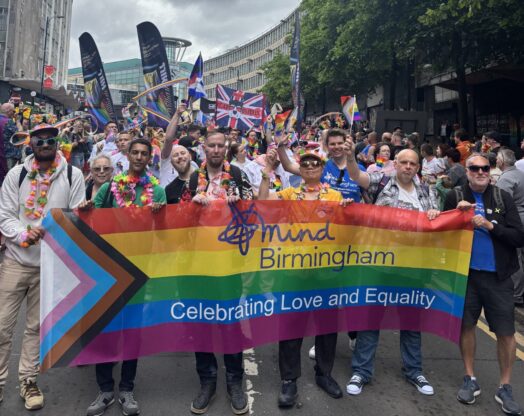
Finding Your Tribe
It can be extremely isolating being part of the LGBTQIA+ community. Pride is a space where all sorts of people gather, so it can be a good opportunity to meet people and help people find their tribe.
At pride events, individuals can express themselves freely and embrace their true identities when they may not be able to in other situations. Pride events are not just about celebration; they are also about visibility, advocacy and accessibility. They remind us of the struggles faced by those who came before and the ongoing fight for equality and rights. In these spaces, friendships grow and new connections are made. At Pride, stories are share, experiences validated. These can be the first opportunities for people who do not feel able to or safe to be out and open with family or friends. These can also be the first opportunity people have to make friends within the community, where they share similar experiences.
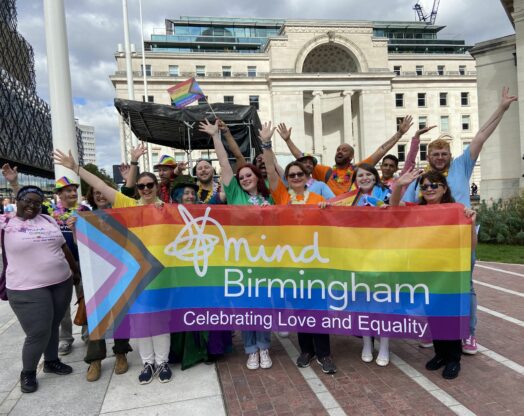
Safe Spaces
Safe spaces are important for the queer community. Somewhere labelled as queer friendly with the progress flag etc. can make people more comfortable.
Unfortunately, the world does not always feel accepting and places like Pride are guaranteed safe spaces. In inclusive environments, individuals can express their true selves without fear of judgment or discrimination.
Pride events serve as a reminder of the strength and resilience of the queer community. They offer a platform for voices to be heard, stories to be shared, and connections to be forged. Beyond the festivities, safe spaces also provide opportunities for education and awareness, fostering understanding among allies and the wider community. Creating safe spaces is a collective responsibility. Both the LGBTQIA+ community and allies can advocate for inclusivity and stand against prejudice. Safe spaces are an important part of Pride.
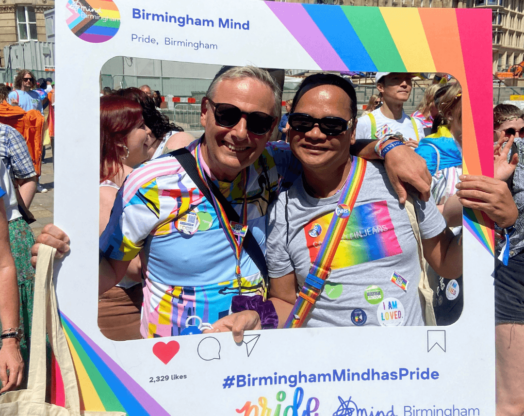
Removing Stigma
Pride’s visibility and publicity helps remove stigma. It normalises LGBTQIA+ in the everyday. This visibility also educates the wider community, fostering understanding and empathy. On top of this, it can helps show people that queerness can be seen in anyone, steroetypes of the typical gay man are not necessarily the only person who is out and proud anymore.
There are many more ways to be part of the queer community. As more people experience diverse identities and stories; they become allies, advocating for equality and inclusion in all areas of life.
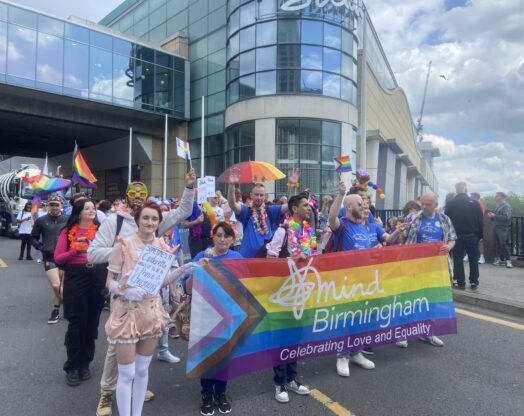
Alleyship
Pride is an excellent place for ally’s to show their support to the rest of the LGBTQIA+ community.
They can walk the parade or celebrate with their friends or family at the numerous parties and events during Pride. There are some spaces which are typically LGBTQIA+ exclusive like wellbeing groups or social groups. However, allies can still contribute by volunteering, educating themselves, and promoting inclusivity in their own communities.
All and any support creates a welcoming environment where everyone feels accepted and valued. It’s important for allies to listen actively and share the stories and amplify the voices of the LGBTQIA+ community. Together, allies and the LGBTQIA+ community can work towards a future where acceptance is universal and diversity is celebrated.
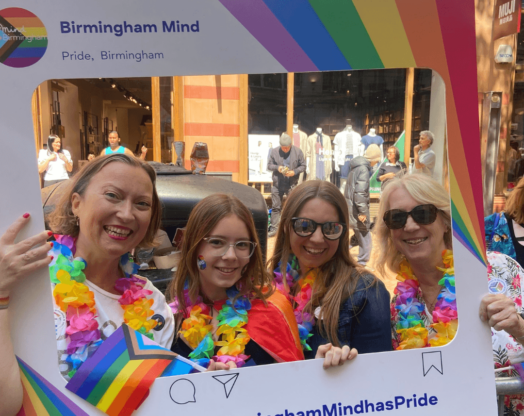
Pride is more than a celebration. It is a call to action, a place for safety and security, a connection to our community and many additional things to people. Supporting the mental health of LGBTQIA+ individuals means being present, not just at pride but always. Affirming their identity, even if you do not fully understand it. Creating safe spaces, by allowing people to express themselves without judgement. Being an ally, challenge stigma and discrimination. During Pride month we put a spotlight on the community, but these elements should be present always.
LGBTQIA+ Wellbeing Events at Birmingham Mind
At Birmingham Mind, we host year-round events to support and connect the LGBTQIA+ community. Whether you’re looking to meet others, share your story, or just sit down for a cuppa in a safe space—there’s something for you.
☕ Café Queer
When: 2nd & 4th Thursday of each month
Where: LGBT Centre, 38–40 Holloway Circus, Birmingham B1 1EQ
Time: 5:30–7:30pm
A wellbeing and social space for the LGBTQIA+ community—come for the chats, stay for the biscuits.
🌊 Blue Oasis
When: 1st Thursday of each month
Where: Bullring Wellbeing Hub, Link Street
Time: 5:30–7:00pm
A group for men and non-binary people who have experienced domestic violence and/or sexual assault. This space offers peer support and community—not a replacement for formal services.
🌈 Rainbow Acts of Kindness
When: Various dates and locations
A community wellbeing group doing good deeds—from litter picking to community gardening. It’s about giving back while connecting with others.
For more information, please email: williamhouseago@birminghammind.org